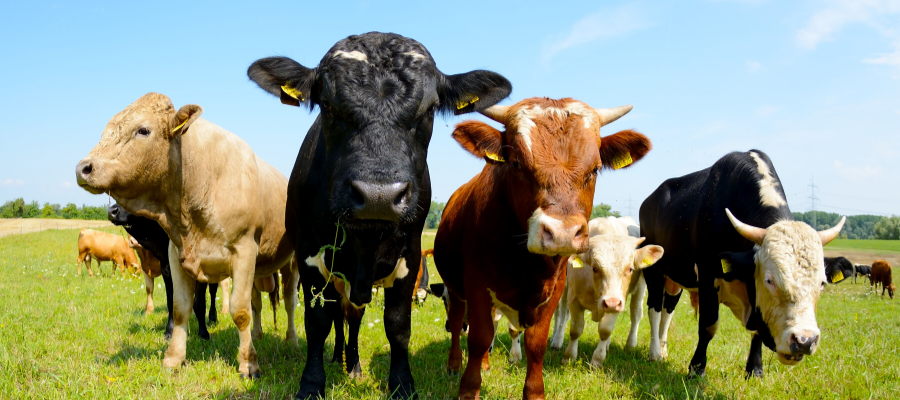Progress and the Environment
Jan 03, 2006Does the value of preserving our environment conflict with the development of a world community in which all enjoy the fruits of human progress?

We shouldn't be mean to animals. Is that because animals have rights, like people do? Or is it just because people care about animals? Is it intrinsically worse to step on dog than on a spider? John and Ken play nice with Lori Gruen from Wesleyan University, author of Ethics and Animals: An Introduction.
Is it wrong to cause animals pain? Is it morally wrong? Do animals have rights? Some pain is instrumentally good, like pain that alerts us of ailments. What kinds of pain are bad to cause? Why is it different to cause pain to humans rather than to do so to other animals? Ken thinks that humans have projects and goals, and so it is wrong to cause them pain as it interrupts their projects. John introduces Lori Gruen, professor at Wesleyan. Even if we admit that killing, say, puppies is wrong, does that mean we should say killing slugs is wrong? Gruen thinks this sort of question trivializes the issue. John distinguishes between sensation and consciousness.
Gruen says that killing animals for food is morally acceptable if there is no other way to get food. Is eating chickens that are raised under acceptable conditions morally all right? Ken asks if talk about rights gets used too much. Does rights talk get used instead of substantive moral arguments? By what principles do we distinguish which creatures have moral worth and which do not? Dogs and apes have emotions. Does this influence their moral status?
Are there different kinds of pleasures and pains that we should distinguish morally? Mill thought so. How do we evaluate the relative weight of various pains and pleasures? Ken objects saying that he could structure his whole life around one sort of pleasure, say, fishing. Shouldn't that weigh more heavily for Ken than for someone else who thinks it is frivolous? Ken says that it is contingent if someone dislikes killing things and that there is a tendency to project one's dislikes to moral claims. Does utilitarianism view eating meat that as intrinsically bad? Gruen does not think so.